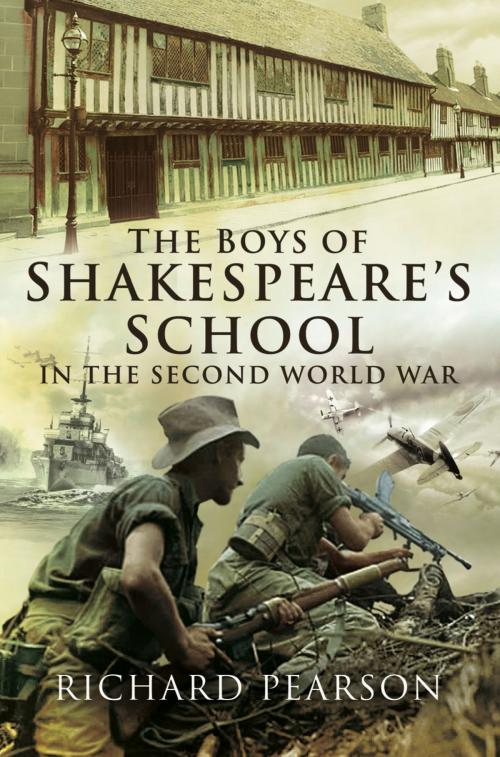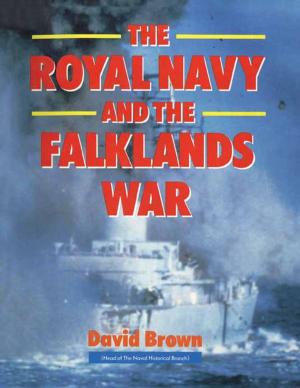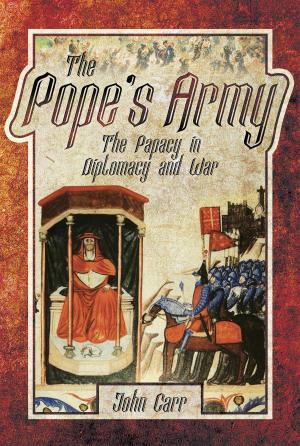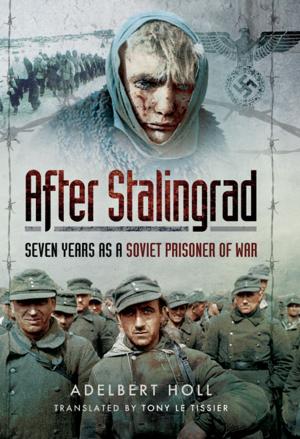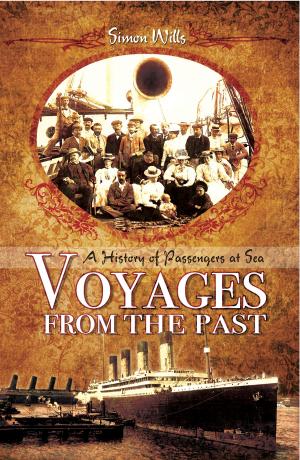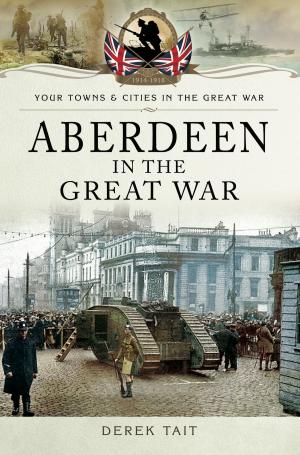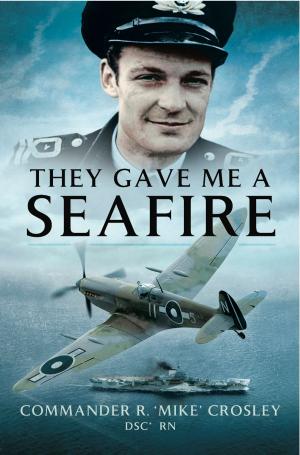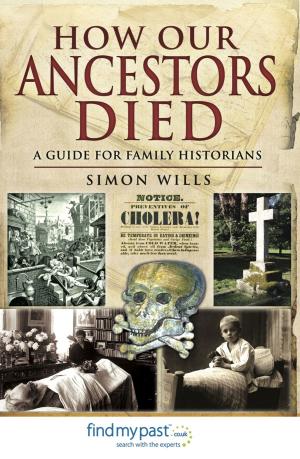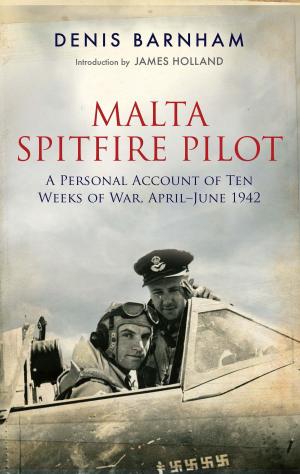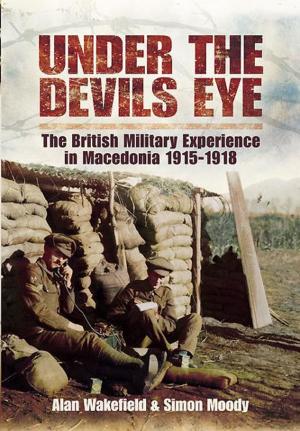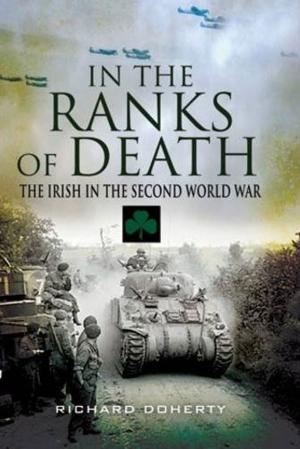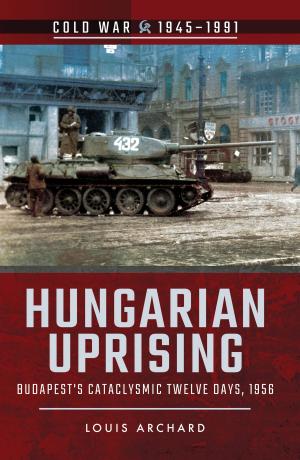The Boys of Shakespeare’s School in the Second World War
Nonfiction, History, Military, World War II| Author: | Richard Pearson | ISBN: | 9781783830565 |
| Publisher: | Pen and Sword | Publication: | June 19, 2013 |
| Imprint: | Pen and Sword | Language: | English |
| Author: | Richard Pearson |
| ISBN: | 9781783830565 |
| Publisher: | Pen and Sword |
| Publication: | June 19, 2013 |
| Imprint: | Pen and Sword |
| Language: | English |
Like the Great War generation before them, the Old Boys of King Edward VI School, Stratford-upon-Avon, (known as Shakespeare’s School) answered the Nation’s call to arms in 1939 with steely determination and, it has to be presumed, an absolute belief in the cause for which they were fighting.
Over the next six years, no less than fifty-two of these young men fought and died for their Country. This evocative and carefully researched book tells each one’s story. The author paints a picture of the character of the individual concerned, along with his family background, his contribution to the School and, most importantly, his war service and the circumstances of his death.
Some perished in lonely cockpits during the Battle of Britain and the Bombing campaign. Others fought and died at sea whether on Atlantic convoys, the Mediterranean campaign or in the Far East. The soldiers among them fell in the glare of the Western Desert fighting the Germans and Italians and in the unforgiving jungles of Burma repulsing the Japanese. In one case, death came in a German concentration camp.
Who can tell what influence the strong ethos of this small grammar school with its enduring values of decency and comradeship will have played during the years of hostilities on both those who made the supreme sacrifice and others who were fortunate enough to survive? What is certain is that the example set by those former members of Shakespeare’s School whose stories are told in this book must never be forgotten by their successors.
Like the Great War generation before them, the Old Boys of King Edward VI School, Stratford-upon-Avon, (known as Shakespeare’s School) answered the Nation’s call to arms in 1939 with steely determination and, it has to be presumed, an absolute belief in the cause for which they were fighting.
Over the next six years, no less than fifty-two of these young men fought and died for their Country. This evocative and carefully researched book tells each one’s story. The author paints a picture of the character of the individual concerned, along with his family background, his contribution to the School and, most importantly, his war service and the circumstances of his death.
Some perished in lonely cockpits during the Battle of Britain and the Bombing campaign. Others fought and died at sea whether on Atlantic convoys, the Mediterranean campaign or in the Far East. The soldiers among them fell in the glare of the Western Desert fighting the Germans and Italians and in the unforgiving jungles of Burma repulsing the Japanese. In one case, death came in a German concentration camp.
Who can tell what influence the strong ethos of this small grammar school with its enduring values of decency and comradeship will have played during the years of hostilities on both those who made the supreme sacrifice and others who were fortunate enough to survive? What is certain is that the example set by those former members of Shakespeare’s School whose stories are told in this book must never be forgotten by their successors.
